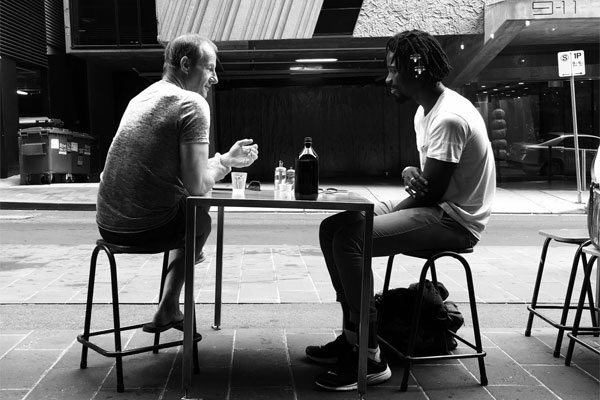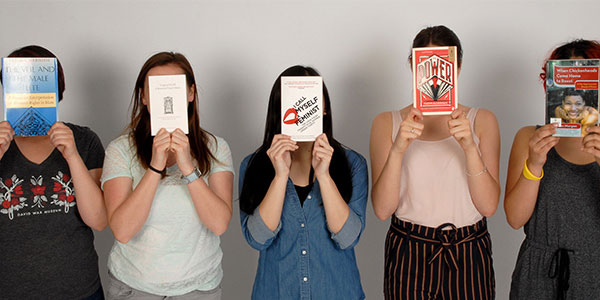Sociology at York identifies novel empirical agendas, shapes theoretical approaches and conducts cutting-edge research into the key questions facing society today.
We collaborate with national and international partners, conducting interdisciplinary research that addresses challenges faced by contemporary societies. We pride ourselves on being a Sociology department for public good, working to make a positive change in the world.









